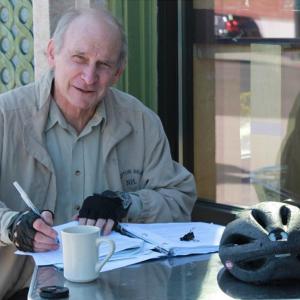CGE exploration of economic, environmental, and social changes to Hawaii Post-Covid 19
The Covid-19 crisis has provided Hawaii an opportunity to question the long-term viability of tourism as its major private sector economic driver. Since entering the global economy in the early 19th century Hawaii has gone through a series of booms and busts based on sandalwood, whaling trade, sugar, and now tourism. However, over the past decade the number of tourists in Hawaii has been steadily increasing every year, but the revenue remains flat. Simply the high rollers have found other playgrounds. To make up for this Hawaii has been forced to accept ever more tourists with much more constrained budgets and consequently a greater environmental impact. Backlash to the increase, although still muted has been growing. Given the extreme spatial isolation of the archipelago a proposed industry that seems able to replace tourism is high-tech software services. This research using a variation of the Center of Policy Studies TERM Computable General Equilibrium Model (CGE) explores the level of change that would be needed to replace even a modest 10 percent decrease in domestic tourism and a similar decline of foreign tourists, and speculates on how the labor force would have to change requiring either a dramatic shift in the Hawaiian education system or potentially face yet another wave of migrants into the islands. Parallel to these scenarios is how the environment might benefit with a lighter footprint from fewer tourists. A model of this nature can provide policy makers with a valuable tool for moving beyond Covid.
About the Speaker

Patrick Buckley, Professor of Geography at Western Washington University, has studied border issues and disputes in Cascadia over the last decade and a half. Besides the current historical work he and colleagues have published a number of articles modeling and investigating current cross-border resource management issues in the region. In addition, he has built and used Multiregional Computable General Equilibrium models of the US. His first study looked at the regional impacts of acid rain legislation.
Environmental Speaker Series
The Environmental Speaker Series is hosted by the College of the Environment at Western Washington University.
The Series is free and open to the public. Talks are held each Thursday at 4:30 pm in Academic Instructional Center West room 204 - AW-204. Talks will also be streamed via zoom. Register with the Alumni Association for the zoom link. Paid parking is available in lot C.
Learn more about the Environmental Speaker Series
Subscribe to the Email List